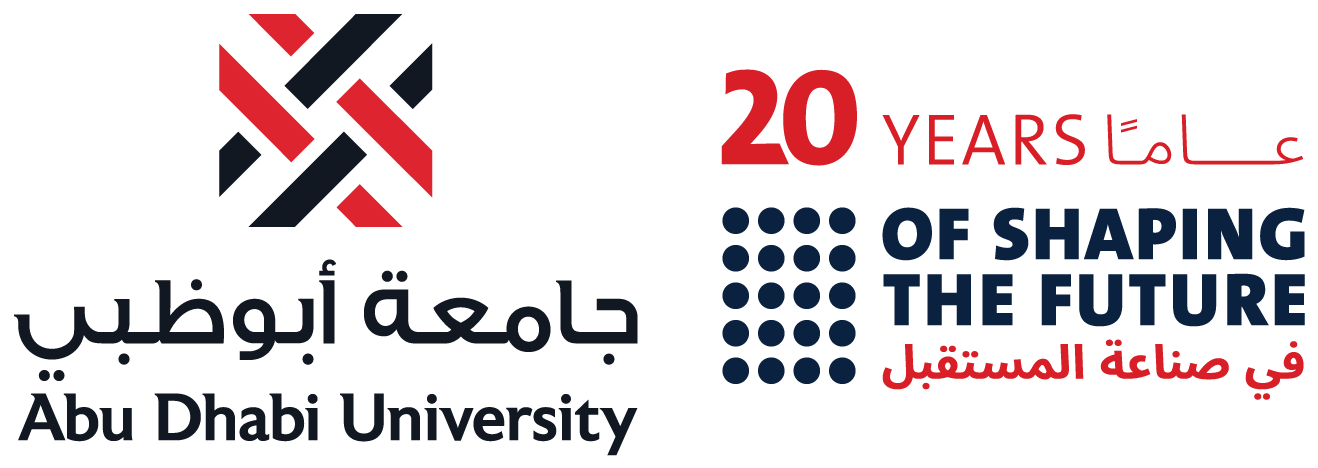June 02, 2020
It is well known that viruses mutate, so it will come as no surprise that severe acute respiratory syndrome coronavirus 2 (SARS-CoV-2), the virus that causes COVID-19, is no exception. As of today, researchers have found 198 mutations on the genome of more than 7,000 patients infected with SARS-CoV-2 worldwide. The genetic mutations were reported to be small and unevenly spread across the virus genome.
In a recent article published on the SARS-CoV-2 mutation, the lead author Prof. Francois Balloux from UCL Genetics Institute explained, "A major challenge to defeating viruses is that a vaccine or drug might no longer be effective if the virus has mutated. If we focus our efforts on parts of the virus that are less likely to mutate, we have a better chance of developing drugs that will be effective in the long run. All viruses naturally mutate. Mutations in themselves are not a bad thing, and there is nothing to suggest SARS-CoV-2 is mutating faster or slower than expected. So far, we cannot say whether SARS-CoV-2 is becoming more or less lethal and contagious."
This is important information in relation to drug and vaccine development since the best way to defeat the virus is to target its non-mutated parts. Therefore, a deeper knowledge of the possible recurrent mutations in SARS-CoV-2 will lead to a better understanding of the Covid-19 disease and targeted therapy might emerge.
Journal reference:
Lucy van Dorp, Mislav Acman, Damien Richard, Liam P. Shaw, Charlotte E. Ford, Louise Ormond, Christopher J. Owen, Juanita Pang, Cedric C.S. Tan, Florencia A.T. Boshier, Arturo Torres Ortiz, François Balloux. Emergence of genomic diversity and recurrent mutations in SARS-CoV-2. Infection, Genetics and Evolution, 2020; 104351 DOI: 10.1016/j.meegid.2020.104351
Online reference:
https://macman123.shinyapps.io/ugi-scov2-alignment-screen/
Luciana Campos Baltatu, Ph.D.
College of Health Sciences
Abu Dhabi University

